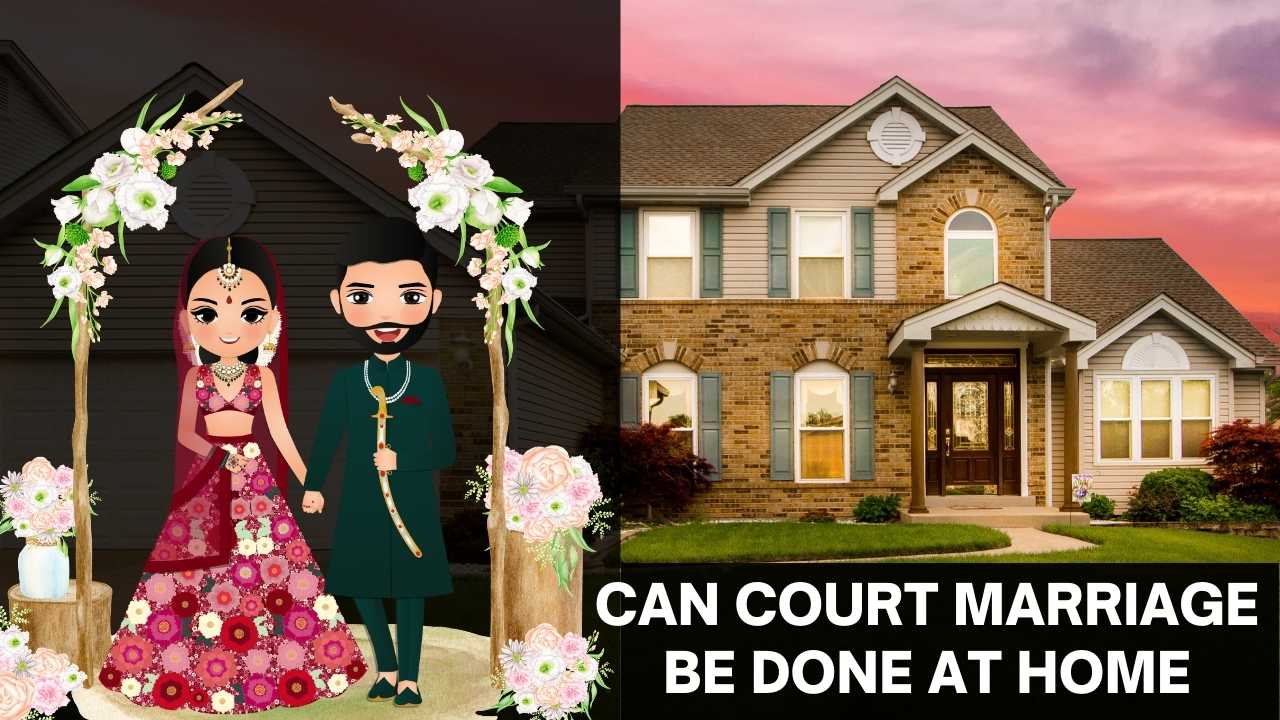Are you planning to tie the knot and embark on the beautiful journey of a wedding in Agra, but finding it difficult to deal with the legal complexities? look no further! Welcome to Online Legal Centre, your ultimate destination for seamless court matrimony in Agra.
With years of expertise and a proven track record, we take pride in being recognized as the best court marriage lawyers in Agra. Our mission is simple yet profound: to make your court marriage experience hassle-free, memorable, and legally sound.
[maxbutton id=\”1\” url=\”https://wa.me/918273682006\” text=\”Whatsapp Here\” ]
Why Choose Us?
| 🌟 Expertise | Our team comprises experienced legal professionals who specialize in matrimonial law and court marriages. We understand the nuances of the legal framework and strive to provide you with accurate guidance and representation throughout the process. |
| 🤝 Personalized Approach | We believe in meeting the specific needs of each customer. From the initial consultation to document preparation and court appearance, we provide personal attention and support every step of the way, ensuring a seamless and stress-free experience. |
| 📞 Transparent Communication | Transparency is the cornerstone of our customer relationships. We keep you informed and involved at every stage of the proceedings, addressing your queries promptly and providing clear explanations of the legal complexities involved. |
| ⏱️ Efficiency and Timeliness | We value your time and effort to expedite the court marriage process without compromising on accuracy or quality. Our streamlined approach and efficient handling of paperwork minimize delays, allowing you to complete your wedding as quickly as possible. |
| 💲 Cost-Effective Solutions | There is no need to pay exorbitant prices for quality legal services. At [Law Firm Name], we offer competitive pricing and flexible payment options, ensuring that the barriers of cost never get in the way of your marital bliss.. |
Our Services:
- Legal Consultation: Unsure about the legal requirements for court marriage in Agra? Schedule a consultation with our expert lawyers who will guide you through the process, clarify any doubts, and provide tailored advice based on your specific circumstances.
- Documentation Assistance: From obtaining the necessary affidavits and marriage registration forms to verifying identity proofs and preparing affidavits, we take careful care of all the documentation requirements.
- Court Representation: Our experienced lawyers represent you in court proceedings, ensure compliance with legal formalities and resolve any objections or challenges that may arise during the marriage registration process.
- Post-Marriage Assistance: Our commitment to your satisfaction extends beyond the wedding ceremony. We assist you in obtaining the marriage certificate promptly, facilitating name change procedures (if desired) and resolving any legal questions or concerns after the marriage.
Visit Us: In Demand Bank Account Unfreeze Lawyer in Rajpur
Experience the Difference:
Starting the marriage journey is an important milestone, and paying attention to legal aspects should not be a source of stress or confusion. With [Law Firm Name] by your side, you can rest assured that your court marriage in Agra will be a smooth and memorable affair with professionalism, efficiency and unwavering support.
Backed by the expertise of the best court marriage lawyers in Agra, contact us today to schedule a consultation and take the first step towards a blissful union!
Also Read:Bitcoin और Cryptocurrency के कारण Bank Account Freeze क्यों हो रहा है?
FAQ Related Best Court Marriage Lawyer In Agra
Q1. What is a court marriage?
Ans: Court marriage is a legal union between two individuals that is solemnized in the presence of a marriage registrar and witnesses, without the need for any elaborate ceremony or ritual. It is governed by the Special Marriage Act, of 1954, and provides a simple and streamlined process for couples of different religions, castes or nationalities to get married.
Q2. Who can opt for a court marriage?
Ans: Any two persons who are eligible to marry under the Special Marriage Act can opt for court marriage. This includes individuals from different religions, castes, or nationalities as well as people seeking inter-caste or inter-religious marriage.
Q3. What are the documents required for a court marriage in Agra?
Ans: Documents required for court marriage generally include proof of age and identity (such as an Aadhaar card, passport, or birth certificate), residence proof, photographs, and affidavits stating marital status and consent to marriage.
Q4. Do we need to be present together for the court marriage process?
Ans: Yes, both parties have to be present along with witnesses during the court marriage process. This is to ensure that the marriage is solemnized with the consent of both persons.
Q5. How long does the court marriage process take?
Ans: The duration of the Court Marriage process depends on factors such as the availability of appointment slots at the office of the Marriage Registrar, completion of documentation, and additional requirements specific to your case. However, with skilled legal assistance, the process can usually be completed within a few days to weeks.
Also Read: Best Bank Account Unfreeze Lawyer in Bangalore Cyber Cell













